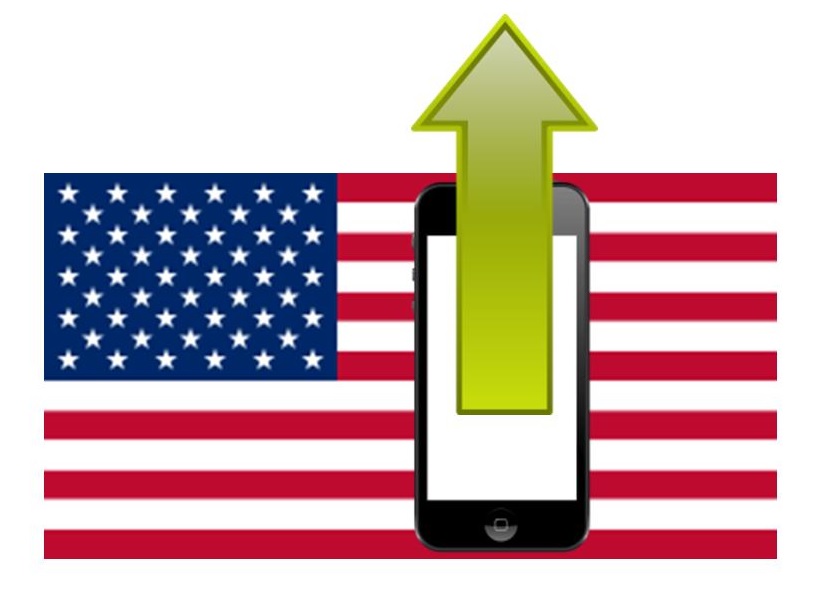Federal law takes aim at mobile games
The mobile games space in the U.S. is slated for major changes at the beginning of next month. On July 1, 2013, the federal Children’s Online Privacy Protection Act (COPPA) goes into effect. Through the law, the Federal Trade Commission will work to limit the risks that children are exposed to through mobile games and similar media platforms. One of the provisions of the law requires that all mobile developers acquire new privacy certifications from the Entertainment Software Rating Board (ESRB).
Developers pushed to take privacy more seriously
The ESRB’s Privacy Certified program has long existed to account for the privacy risks that are associated with certain forms of online media. The program exists primarily as a way to help app developers comply with COPPA’s stringent regulations. The program has been expanded to better serve the needs of developers of mobile games. The program offers security and privacy analysis for developers and offers them will a variety of solutions that could help them comply with federal law.
 Mobile games continue to raise privacy concerns
Mobile games continue to raise privacy concerns
Mobile games have been gaining a significant amount of political attention in the U.S. due to the privacy concerns that have been raised concerning children. Mobile games are quite popular among young people, but these games do little to inform players that their personal information is being collected. Much of the issue lies in the fact that many mobile games do not even ask for approval to collect such information, which is then aggressively used for marketing and other such purposes.
Privacy is becoming a major issue in the US
Privacy has become a major issue in the U.S. and more industries are falling under harsh scrutiny when it comes to consumer information. Mobile games are not exempt from this, as they have long been the target of criticism when it comes to the issue of privacy and the wonton collection of data. Developers that wish to continue producing mobile games must soon take steps to comply with COPPA lest they find the U.S. market significantly more hostile in the immediate future.

 NFC technology may be on its way out
NFC technology may be on its way out